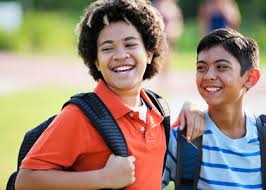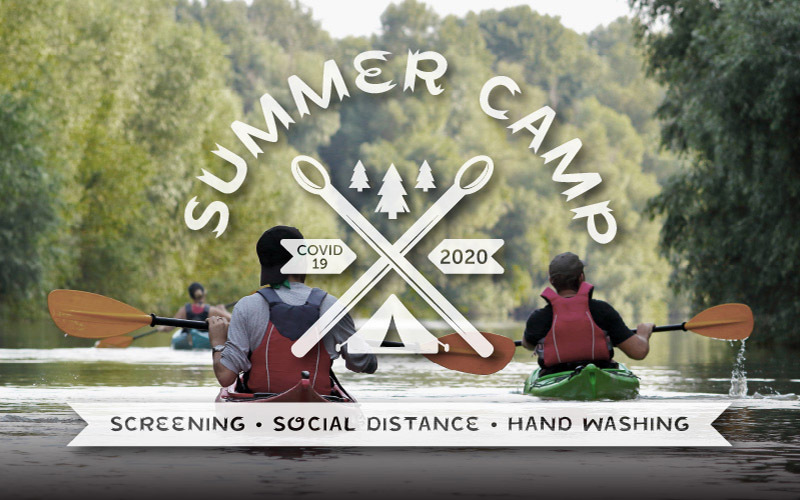Middle School. I know no one who would be willing to relive those awkward, anxious years. Changing bodies, changing classes, changing circles of friends. More hormones, more homework, more stress. And, as parents who have lived through it, it’s natural for us to want to minimize the discomforts of adolescence for our children. And it’s natural for us to want to keep them innocent and untouched by the scary, nasty nightmare tales we hear about “kids these days.”
We want our kids to be safe and healthy and happy, but in order for that to happen, we need to let them struggle as well. When kids make mistakes or experience rejection or failure, they learn to recover from their stumbles, be they physical, academic or social. We need to let them and, in fact, encourage them to take risks, because venturing out of their comfort zone lets them build new skills, new relationships and new confidence.
Of course, nurturing an affinity for risk in tweens isn’t very hard; indeed it is one of the defining characteristics of adolescence (and, as recent research suggests, serves a valuable evolutionary purpose). Our opportunity as parents lies in creating the space for healthy risks. That can be encouraging tryouts for advance sports teams or auditions for school plays. It can be allowing your child to dye her hair blue or form friendships with kids who wear a lot of black and don’t necessarily have your stamp of approval. It can be giving them more freedom to move about your community, on foot, by bike or even by public transport. It can be letting them stay up late and managing their own school projects.
Taking risks and trying new things is how we learn what we like and what we don’t. It gives us the courage to work for things we want and the wisdom to avoid the things we don’t. It can be nerve-wracking watching our teens venture into situations where they might get hurt . . .but we’ve done this before. We had to let them fall and get a little banged up as toddlers so they could find their balance and walk strong. Ten years later, the skills are different, but the process is the same.
I remember my grandmother saying –
Little kids, little problems,
their problems.
Big kids, big problems,
responsible adults.
Keeping a watchful eye, from a distance of course, can allow youngsters the opportunity make their own mistakes, or even have a roaring success, at this time in life when the consequences may not be so overwhelming.
Be well and enjoy the process,
Dr. de Freitas



